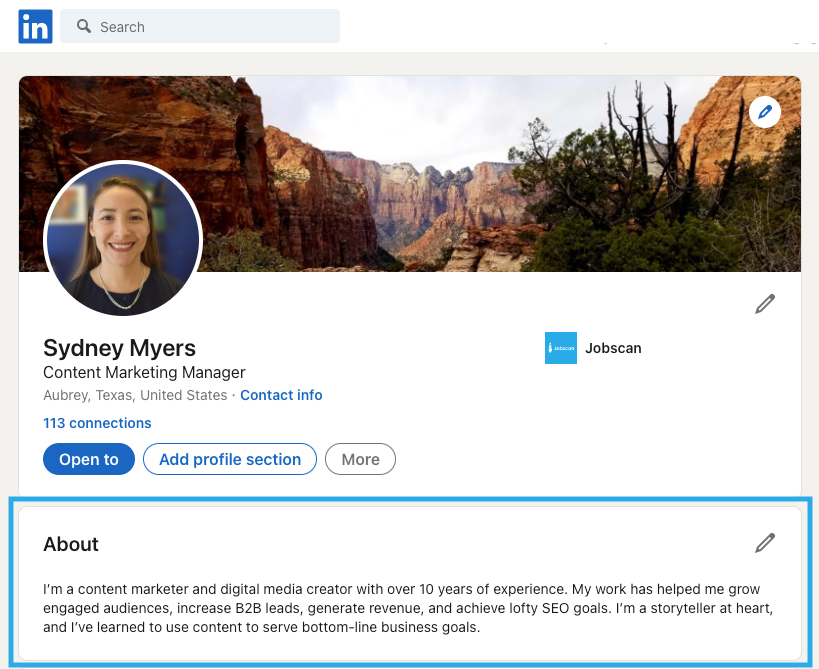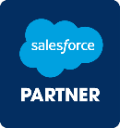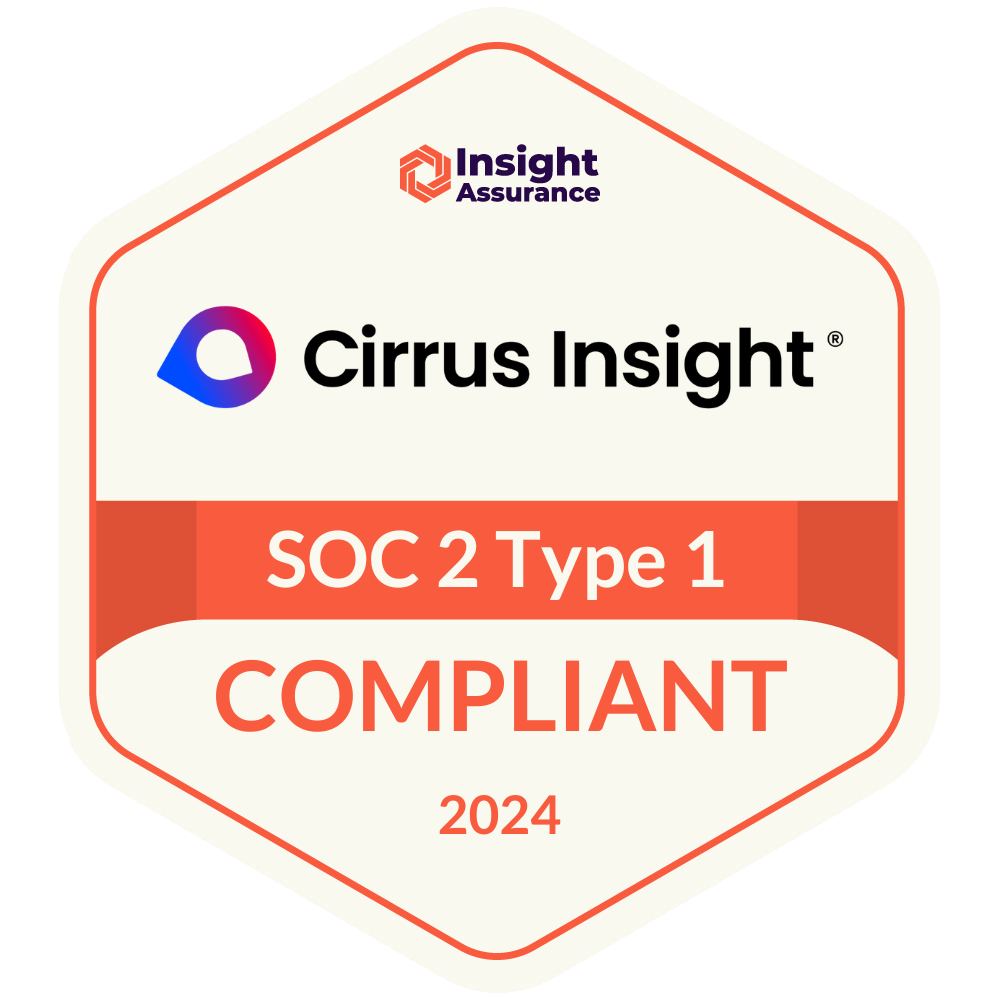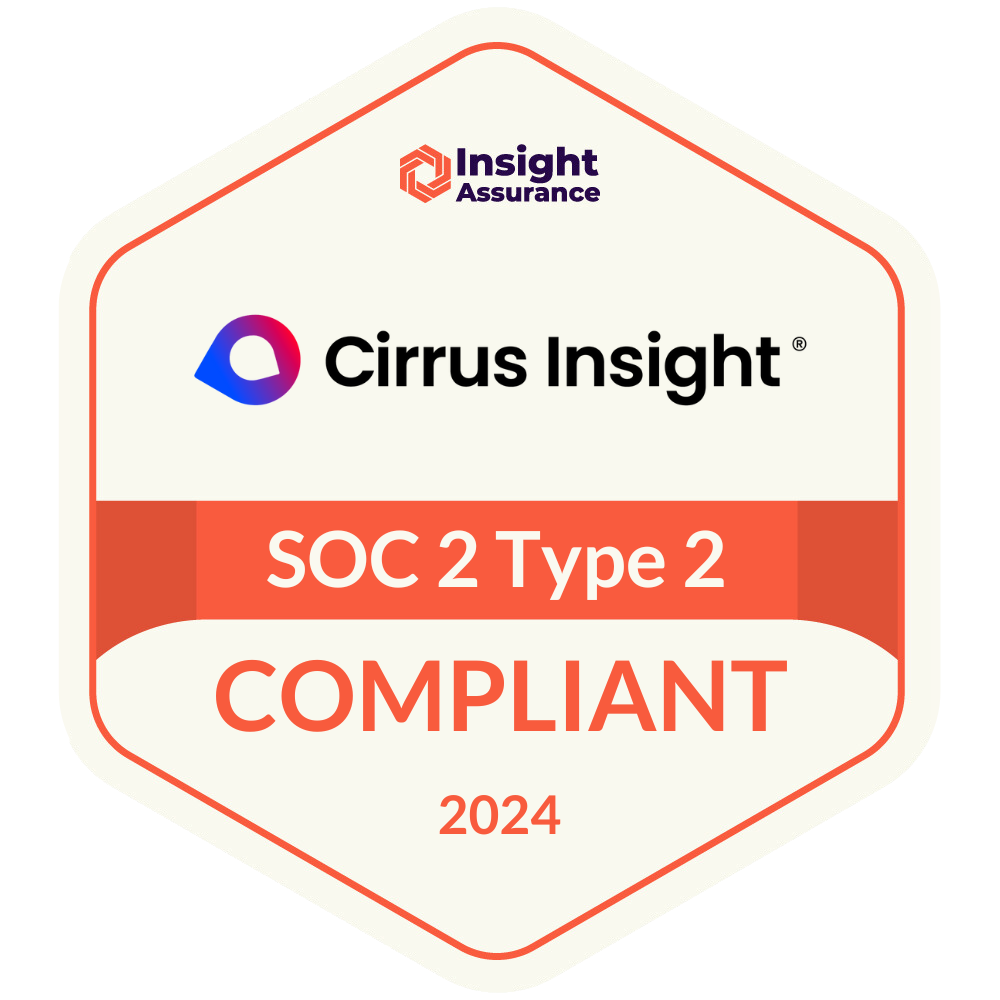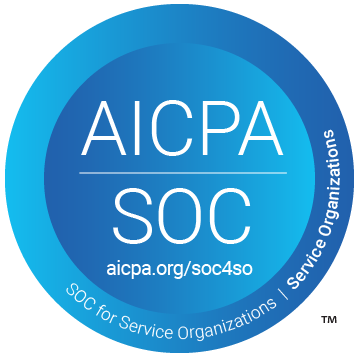- Solutions
-
Products
-
Resources
Sales Automation Tools | Cirrus Insight by Kristi Campbell View all Blog Posts >Get the App, Get the Sidebar, & Get Your Trial Going HereUnleash limitless growth opportunities by partnering with Cirrus Insight.
- Pricing
Filter By:
- All topics
- Sales Productivity
- Sales Intelligence
- Salesforce
- Sales Strategy
- Sales Prospecting
- Book More Meetings
- Best of
- Company News
- Product
- Sales Leadership
- CRM Admininstration
- Sales Metrics
- Supercharge Sales Activity
- Team Scheduling
- Admin
- serious insights
- Prospect Smarter
- Sales Activity Data
- Sales Forecasting
- Scheduling Solutions
- Prospect Faster
- Auto-Sync Everything To Your CRM
- Chrome
- Comparison
- Financial Services
- For Admins
- Getting Started
- IT & Security
- outlook
Subscribe to our Blog for the Latest Insights
Join our blog community to stay informed and receive fresh content and actionable tips directly in your inbox.
How Sales Professionals and Account Executives Can Maximize Their LinkedIn Profiles
As of 2023, there are 900 million users on LinkedIn worldwide, of whom 310 million are actual monthly active users. In such a broad field, how can you make yourself stand out?
This article will share tips and tricks to maximize your LinkedIn profile, including how to attain an All-Star profile. Then we will work through a step-by-step guide on reaching out to recruiters that will allow you to connect. And finally, we will look at how to update your LinkedIn profile regularly, so you continue to stand out from the crowd as time goes by.
Create a Standout Profile
When recruiters and hiring managers look at your LinkedIn profile, you want to impress them with your professionalism, high quality, and authenticity. Here are six tips to help sales professionals and account executives create a standout profile that will connect with recruiters.
Tip 1: Use a High-Quality Profile Picture
Your profile picture is the first thing recruiters will see, so you want to leave a lasting impression - in a positive sense.
But what makes a professional-looking profile picture?
You should be looking at the camera, your face should be clear, and you should be able to distinguish your face from your photo background easily. Even without hiring a professional photographer, you can make your photos look great using free online tools.
Take a recent, full-on photo of yourself with the upper half of your body showing. Look directly at the camera. Then use free online tools to edit out the image background and replace it with free templates that reflect your personality. You can also customize your profile banner image, using imagery that highlights your professional accomplishments and goals. Download high-res images to ensure a high-quality profile upload.
Tip 2: Add a Meaningful LinkedIn Summary
If someone were to read your resume, they would probably start to envision the type of person you are based on your experiences, education, skills, and interests. Paint a holistic picture of who you are in your LinkedIn Summary, and make sure that it matches the details on your resume. You want the summary on your profile to complement the information on your resume so that recruiters recognize that you are consistent. That way, they can form a clear picture of who you are and what you are about. If you have a portfolio or website you want to show off, add it to your intro section.
One thing to consider including in the summary section is your personal brand statement. Your personal brand statement is simply one or two sentences describing you, your work, and your skills. Besides featuring it on your LinkedIn page, you can also feature it at the top of your resume, your social media, and your business website. Think of it as your business tagline.
Your summary is the second thing recruiters will see after your profile photo and banner image; you can keep the text simple, but make sure it complements your resume without repeating it word for word. Keep adjectives and buzzwords to a minimum; they can make your profile blend in with the crowd. Instead, stick to simple language that can tell a story consistent with the narrative of your resume.
Keep in mind, if you believe your writing skills are not up to the task of creating a well-written resume, you can always outsource the writing of your resume to a professional freelance writer. Or, you can let ChatGPT take a stab at the first draft before modifying it to get the final version.
Tip 3: Showcase Real Work in the “Featured” Section
The “Featured” section of your profile is where LinkedIn gives you a chance to show, not just tell. If you are a student, include class assignments for which you have received high marks. If you have participated in a competition, upload the final presentation here.
If you have more than one link to a portfolio or website you want to share, include these in the Featured section, too (just remember that only three will be visible at a time). Any externally shareable projects should go in this section - design portfolios, market research reports, published articles, and Youtube videos.
Enhancing your LinkedIn profile with a video can create a comprehensive picture of your identity. As part of the post-production process, make sure you format the video so that it will display correctly on different-sized screens. Published media, including a LinkedIn profile video, can lend credibility to your profile.
Tip 4: Expand on Key Achievements in the “Experiences” Section
Many people make the mistake of copying and pasting their entire resume into the “Experiences” section of their LinkedIn profile. Since each entry in this section is limited to three or four lines, keep your experiences succinct and instead focus on expanding on your key achievements. Use this section to provide more background and context on achievements that can support the overall story your profile is trying to tell.
Make sure to include quantifiable business impact in this section, so recruiters can easily process and measure your accomplishments.  If you are targeting a specific position with your profile, use a free word cloud generator and include specific language that matches the job description of the position you are applying for. Utilize relevant keywords to ensure your profile shows up in targeted searches.
If you are targeting a specific position with your profile, use a free word cloud generator and include specific language that matches the job description of the position you are applying for. Utilize relevant keywords to ensure your profile shows up in targeted searches.
Working professionals can double up and use existing performance reviews in this section since what makes for a good self-evaluation also makes for a good LinkedIn experiences section.
Tip 5: Get a Custom LinkedIn URL
Change your LinkedIn URL to something personal, simple, and easy to remember. Then include direct links to your LinkedIn profile in your resume, cover letters, email signature, and professional social media accounts.
Resumes that include a link to your LinkedIn profile have a 71% better chance of hearing back from employers, so creating a custom URL is an easy way to sync your profile with your other job application materials.
Tip 6: Get an All-Star Profile
All-Star profiles are 40x more likely to be contacted by recruiters and 18x more likely to appear in hiring managers’ search results. Land an All-Star profile by hiding regular updates in the privacy settings of your profile and using a meaningful headline that points towards your capability and current position.
Make sure that you have at least five skills listed that have been endorsed by other users. And polish up your profile picture and banner image as outlined above.
How To Reach Out to Recruiters
Now that you have crafted a polished LinkedIn profile that will impress recruiters, you are ready to reach out to them directly. But how can you be sure that your message will hit the target when recruiters are often bombarded with hundreds of messages and connection requests in their inboxes each day? Let’s look at the best ways to reach out to recruiters.
Step 1 - Request to Connect
The first step to getting in touch with a recruiter is to request a connection. Make your request relatable and use compliments to win over the recruiter, like some of these examples.
Where possible, add some value to your request. Use specific details to show that you have a genuine reason for connecting with this specific contact.
Utilize free or paid scheduling tools like Cirrus Insight to include your availability to make it easy for the recruiter to setup a meeting with you. 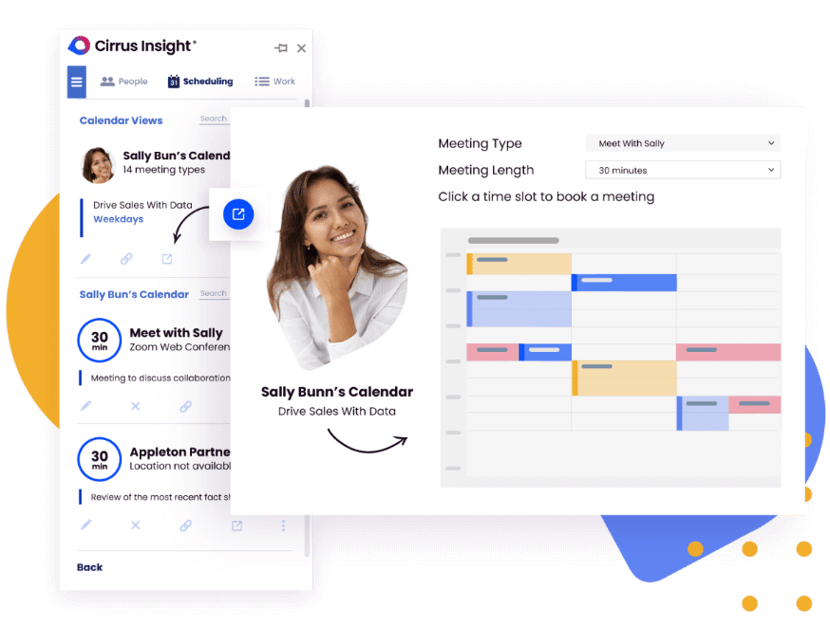
Step 2 - Ask the Recruiter for an Introduction
Once you have made the initial connection, include a request to be put in touch with someone currently working in the role you are applying for. This is key, as it shows recruiters that you are proactive and doing your homework when it comes to the new job position.
This request also demonstrates your effective problem-solving abilities and shows that you are polite and considerate, which will all help impress recruiters.
Step 3 - Following Up
Prove that you are consistent, determined, and reliable by following up. In your follow-up messages, reinforce the fact that your desire to join the company is stronger than ever.
Thank your initial contact for any connections they have provided, cite specific facts you have learned through your conversations, and emphasize why this connects with you and your professional accomplishments.
Keeping Your LinkedIn Profile Up-to-Date
The final tip to remember is to keep your LinkedIn profile up to date. Follow good LinkedIn profile hygiene by maintaining current updates on your job status. Change your title to reflect your most recent or senior position and have one primary job title even if, in reality, you wear multiple hats. You should also ask for recommendations regularly.
By actively engaging on LinkedIn, not only will you keep your profile active and relevant, but you will also be more likely to make connections with recruiters and hiring managers. And those are the connections that can turn into jobs, especially when your profile is polished, professional, and ready to be promoted.



